Today the third grade is learning “E”, the 5th letter of the English alphabet.
“Which is your favorite color?” Mr. Dikran asks the students, holding out pieces of colored chalk on his palm.
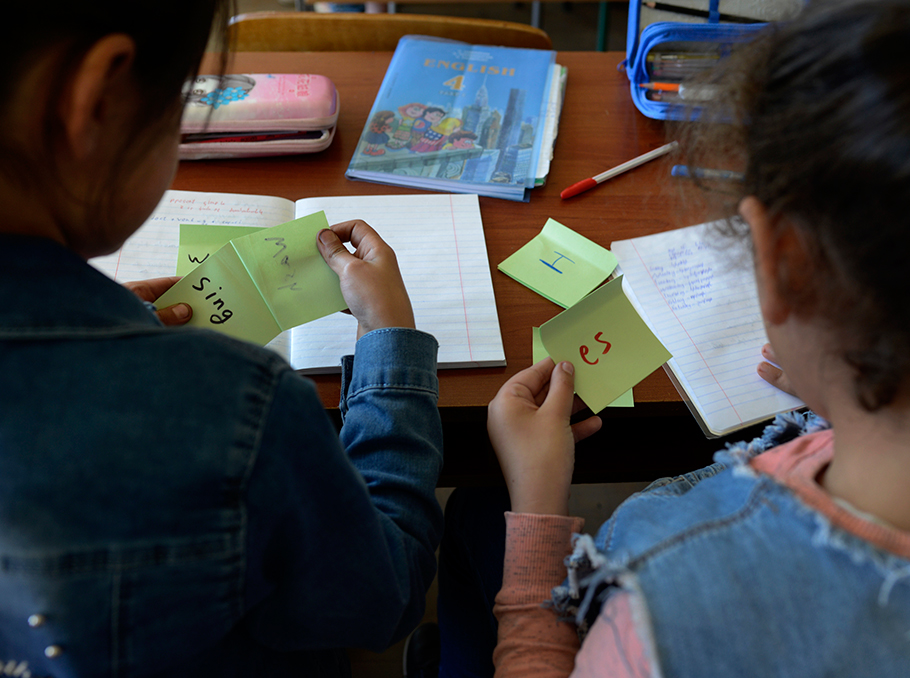
Photo: Vaghinak GhazaryanMediamax
Soon, the blackboard is covered in multicolor “E’s”.
A few fresh pictures join the rest on the wall every day: new English words with images hinting to the meaning.
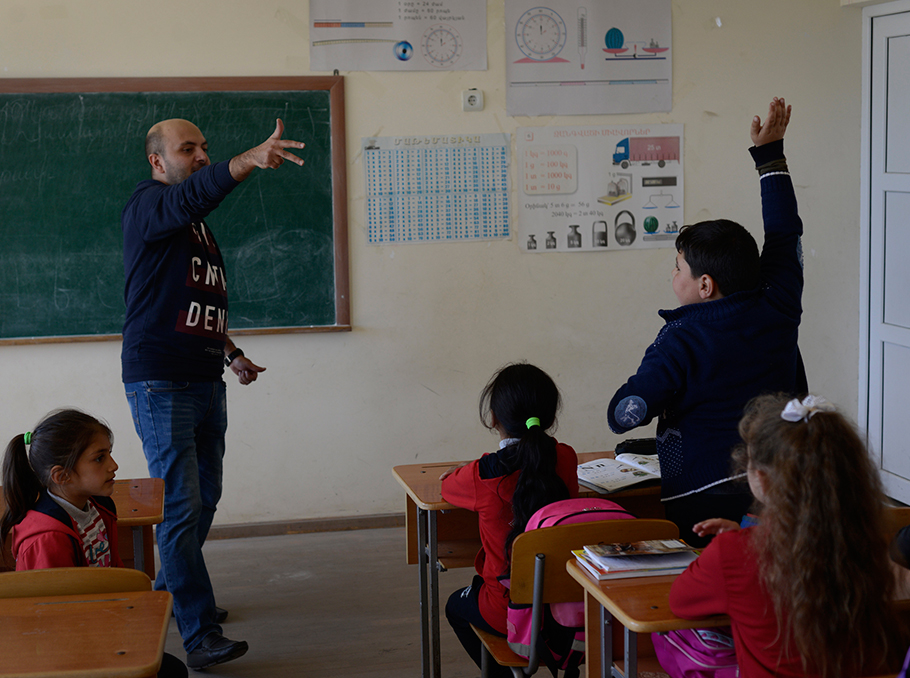
Photo: Vaghinak GhazaryanMediamax
“I drew some of them, others are done by the kids, and the rest are printed. We’re trying to create an atmosphere in the classroom together. We had agreed to transform the room before the end of the academic year: fill it with our pictures, decorate the walls,” explains Mr. Dikran.
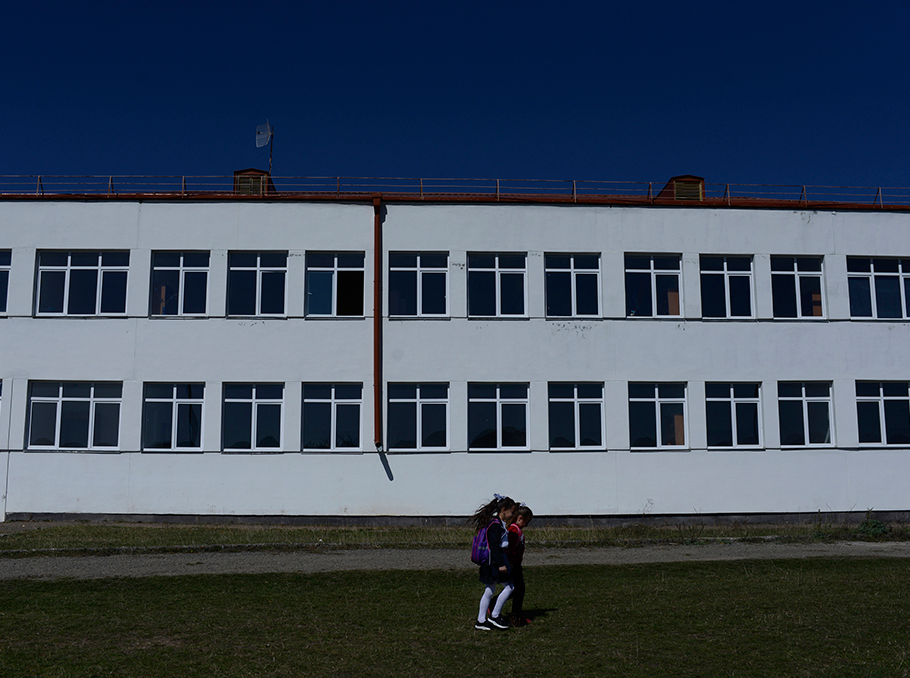
Photo: Vaghinak GhazaryanMediamax
The secondary school of Artsni village in Lori marz has 67 students, including children from Apaven, the neighboring community. The classes usually feature kids of two grades at the same time, which is a big change from the large classes Dikran Aboulaboutian used to teach English in Aleppo.
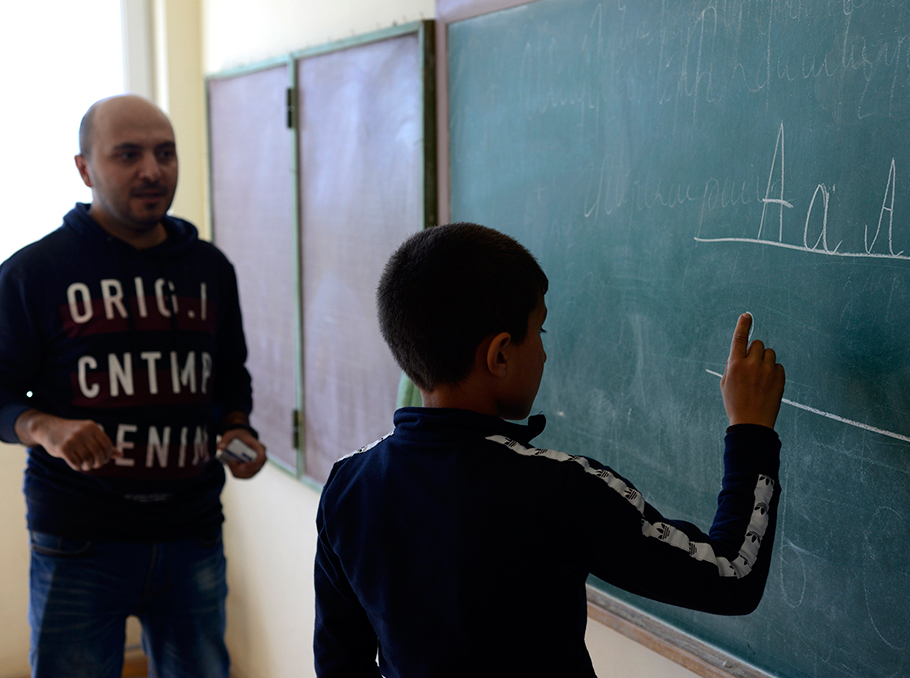
Photo: Vaghinak GhazaryanMediamax
The war in Syria forced Dikran and his family to move to Armenia in 2013. For two years he lived in Vanadzor and then went to Yerevan, working different jobs.
“I wasn’t happy with my work. In 2018, I heard about Teach For Armenia, learned a bit about it and told myself that it was what I really wanted, a dream job. It is like a mission. I was elsewhere for so long, but now I’m in Armenia and I want to do something for my homeland,” says Dikran.
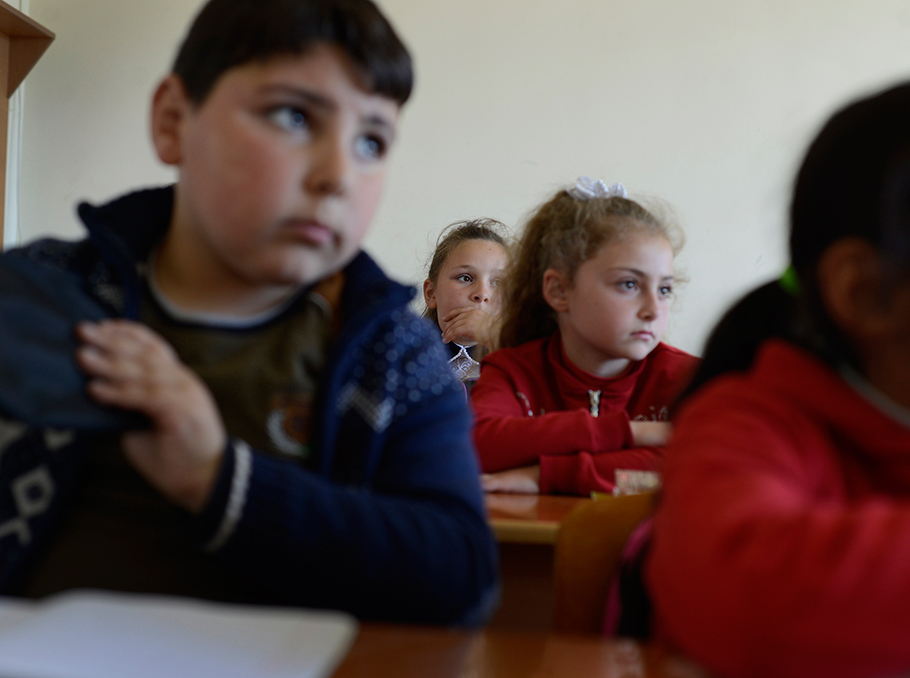
Photo: Vaghinak GhazaryanMediamax
He had never been to Armenia’s countryside, but he heard a lot about the difficult living conditions there, and the young Armenian-Syrian man was anxious. How would he be received? Could he get used to the community? Dikran arrived in Artsni to find out people there already knew about him.
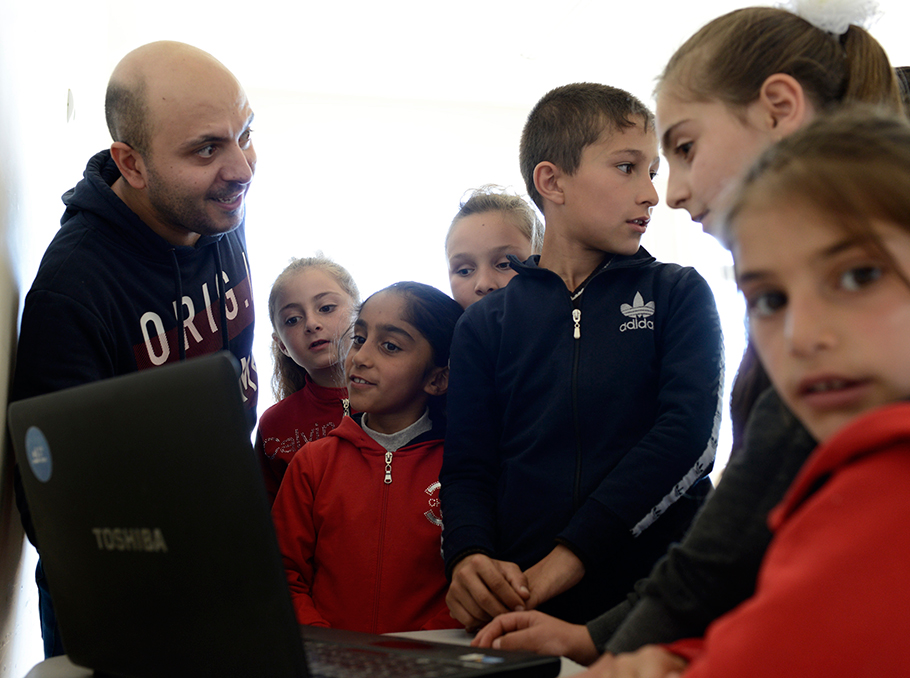
Photo: Vaghinak GhazaryanMediamax
“The kids prepared for the meeting. They found my Facebook account, so they knew who I am and where I’m from. I went from class to class to introduce myself. The first meetings were so positive! Children had been waiting for me and they just accepted me, no one treated me like a foreigner. Even my accent was interesting for them. If I make mistakes, I ask them for help, and it’s so much fun for them. We are really fond of each other, there is a connection now. When I returned to Yerevan in summer, I missed the kids and couldn’t wait to be back in Artsni,” Dikran tells.
Mr. Dikran, who came from an unfamiliar place, gets asked about Syria a lot. Kids want to know where it is on the map, how people live over there, what the children are like, what language they speak. They ask Dikran if he could teach them Arabic.
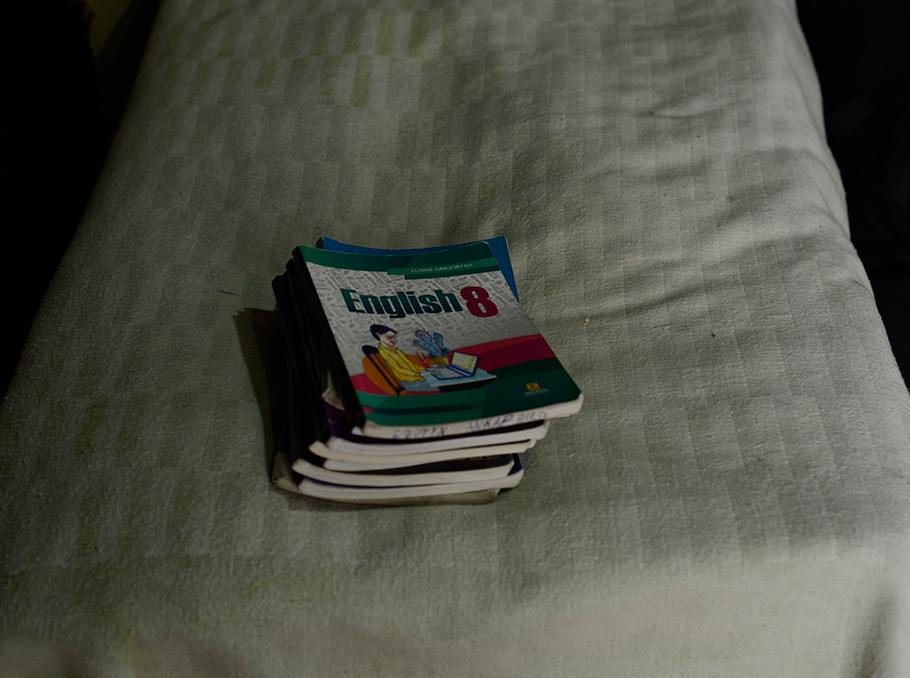
Photo: Vaghinak GhazaryanMediamax
Arabic is not on the agenda at the moment. Last year, when Dikran arrived in Artsni, he set a goal: his students should speak English two years later. If one or two decide to continue studying English after graduation, he will consider it a big achievement.
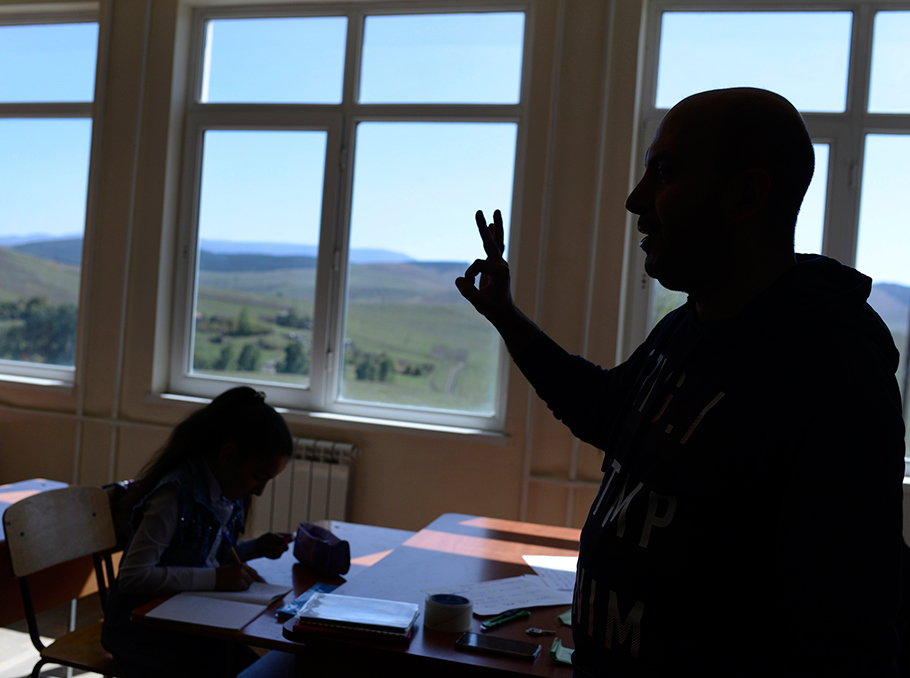
Photo: Vaghinak GhazaryanMediamax
“Some kids didn’t like English lessons. They said: “What do we need it for? We won’t be traveling to America or England.” I wanted them to see that English is important, make them like the subject. I used several methods to get them interested and their attitude changed gradually. They like English lessons now and even search for new ways to make them more interesting,” says Dikran.
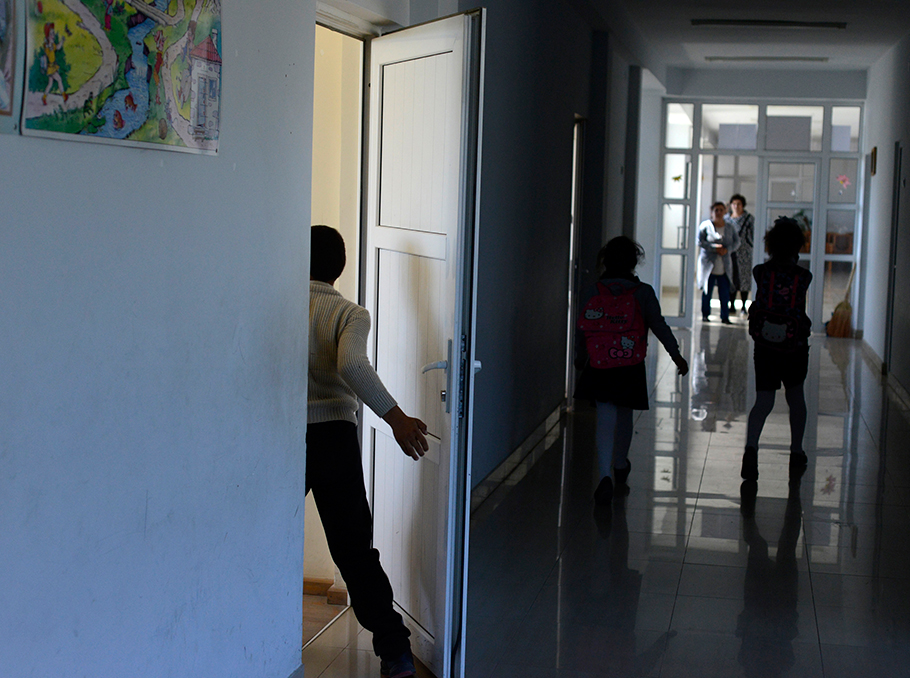
Photo: Vaghinak GhazaryanMediamax
He learned these new methods at the Teacher Leadership Academy of Teach For Armenia (TFA). Back in Syria, only traditional teaching methods are customary. Dikran studied English language and literature at the State University of Aleppo. Now he is studying pedagogy at Yerevan Brusov State University of Languages and Social Sciences. The young teacher was surprised to find out that men in Armenia rarely choose the profession of teacher. He is the only male student in his course, and in Artsni, he is the second male member of the faculty after the chess teacher.
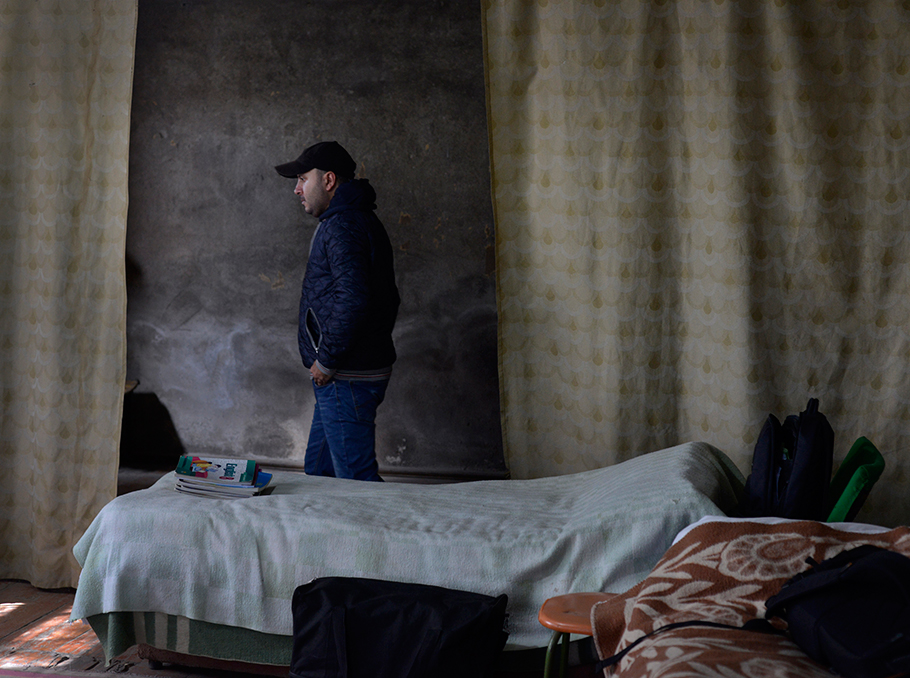
Photo: Vaghinak GhazaryanMediamax
In addition to teaching grades from 3rd to 12th, Dikran also manages the English club for students who want to improve their knowledge of the language. He hands out books in English to the club members for reading and discussion. Sometimes Mr. Dikran holds club meetings at his house, but as the weather gets chillier, they are organized in the school.
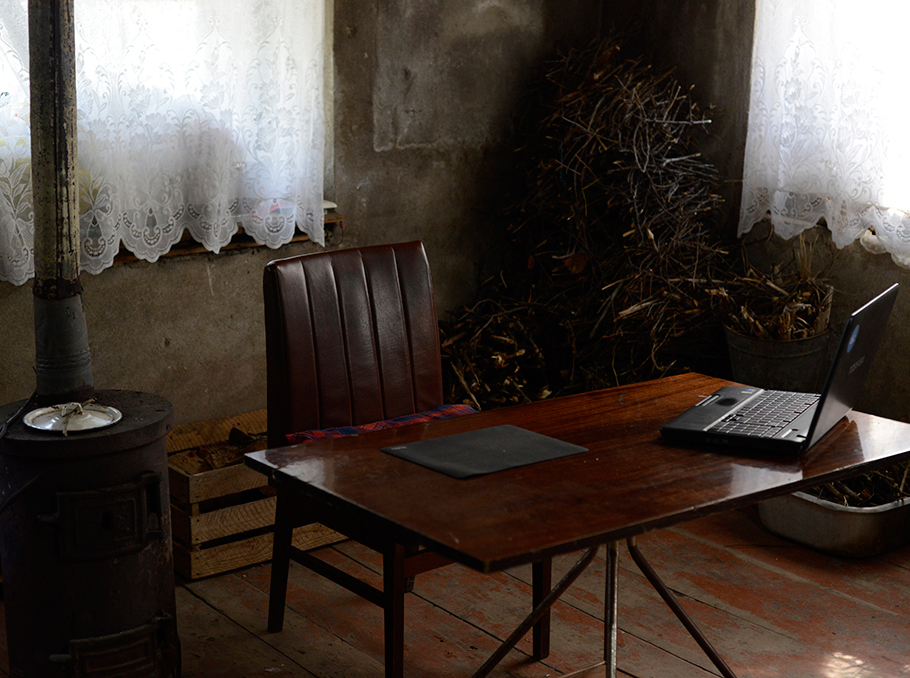
Photo: Vaghinak GhazaryanMediamax
Dikran’s house is very close to the school. The inside of his place is not very welcoming: grey walls, just a few pieces of furniture, cold air. You want to leave almost as soon as you enter, but it is the best Dikran could find. He builds the life at home around the stove. Everything is next to it – the desk, the laptop, the gas bottle he uses to heat up the food he brings from Yerevan.
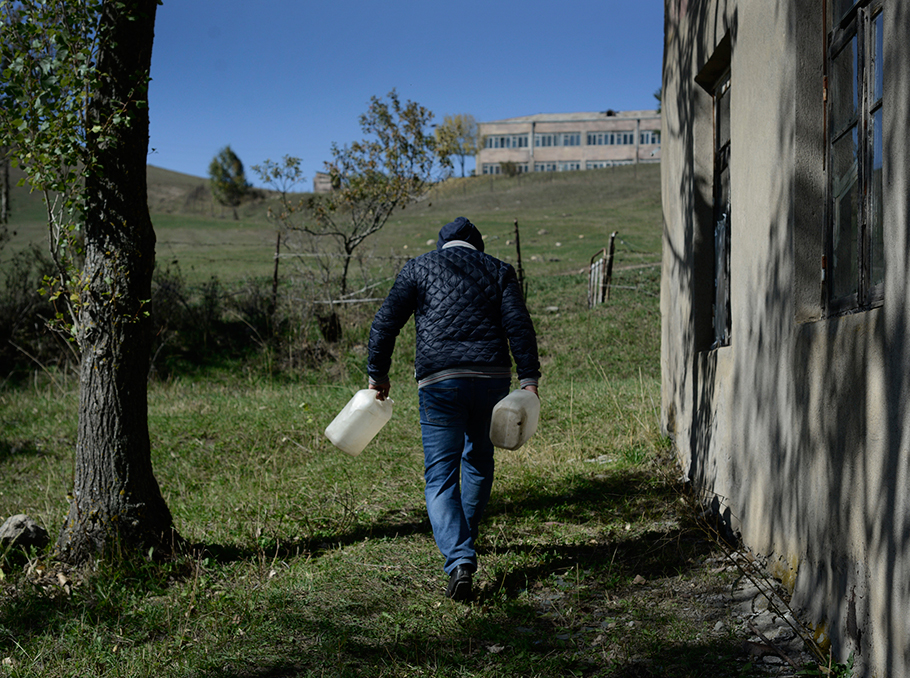
Photo: Vaghinak GhazaryanMediamax
“I started using the stove two weeks ago. I light it up and sit next to it, because if I sit a bit further, I get cold. It was hard, learning how to use it properly,” Dikran tells with a smile and adds that he learned to chop wood in Artsni. Students and young men from the village helped him out at first, but now Dikran has an axe and knows how to us it. As for water, he brings it from a neighbor’s home.
The first few months were the hardest. New environment and living conditions often made the young teacher feel down. Dikran says he’s lucky to have two other TFA Teacher-Leader in the school. They meet up, talk, share experience, encourage each other. He adds:
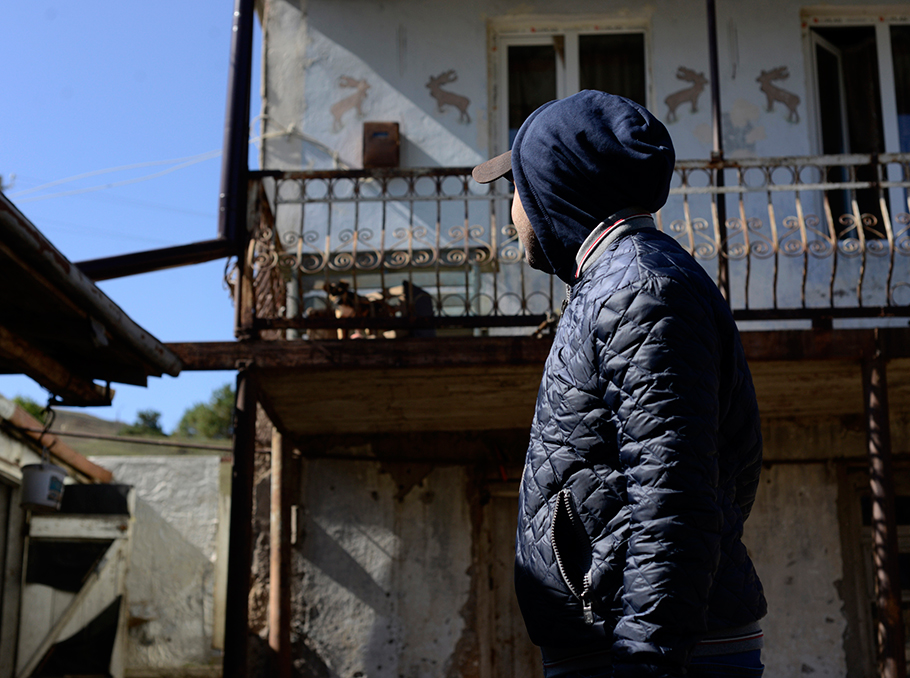
Photo: Vaghinak GhazaryanMediamax
“When I’m upset or disappointed, I go to a classroom, particularly in the lower grades, look at the smiles of the kids, and I forget everything, I’m telling you. There are days when I come to the school and the kids notice me and run up to me for a hug, and it is so motivational, so moving. I feel encouraged again, and I think to myself that it’s all fine. Something didn’t work out yesterday, but it will today. And so, I carry on.”
Lusine Gharibyan
Vaghinak Ghazaryan (exclusive for Mediamax)
















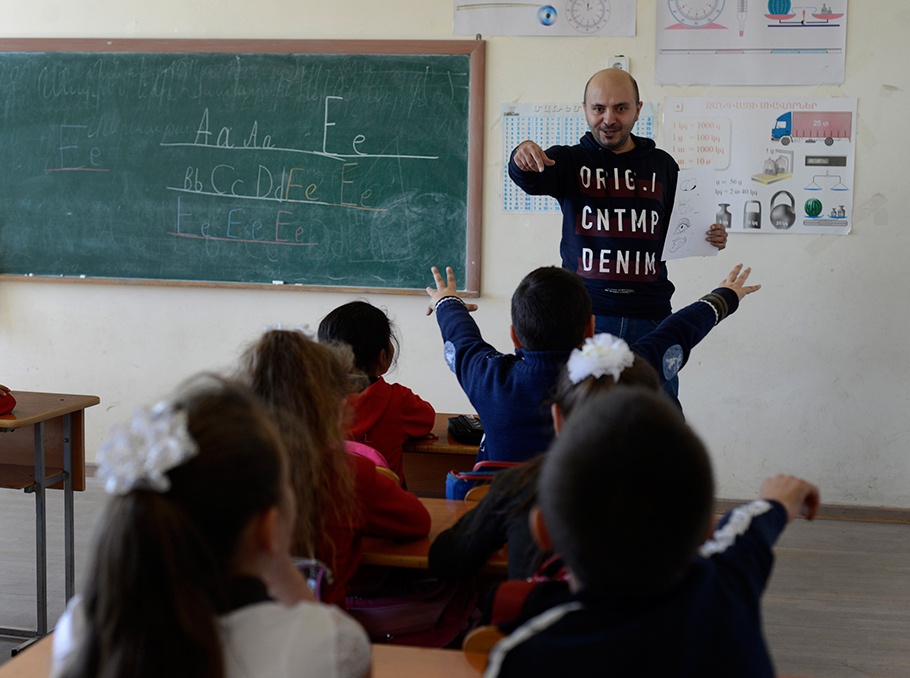
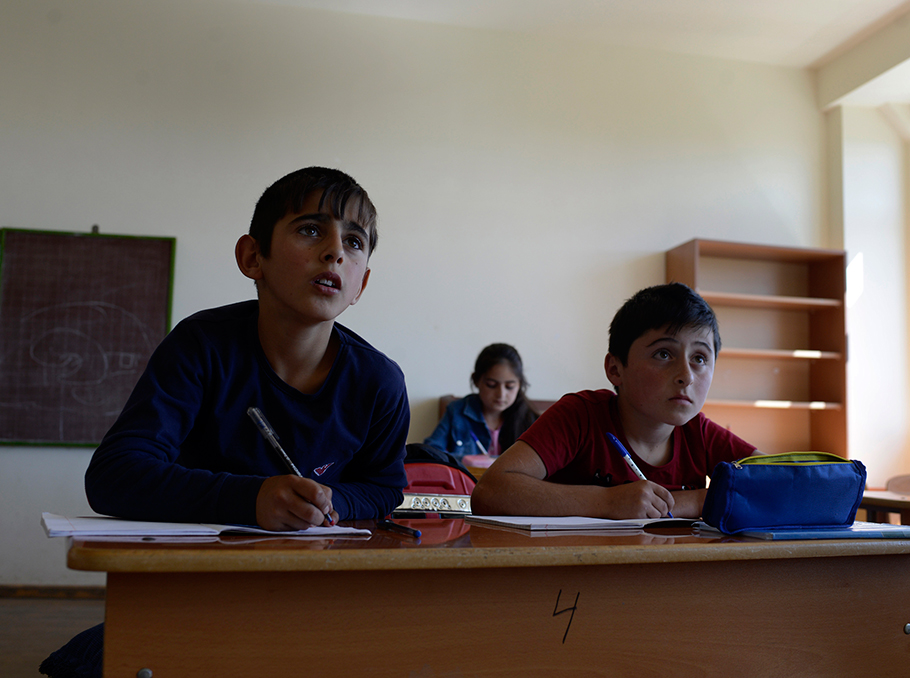
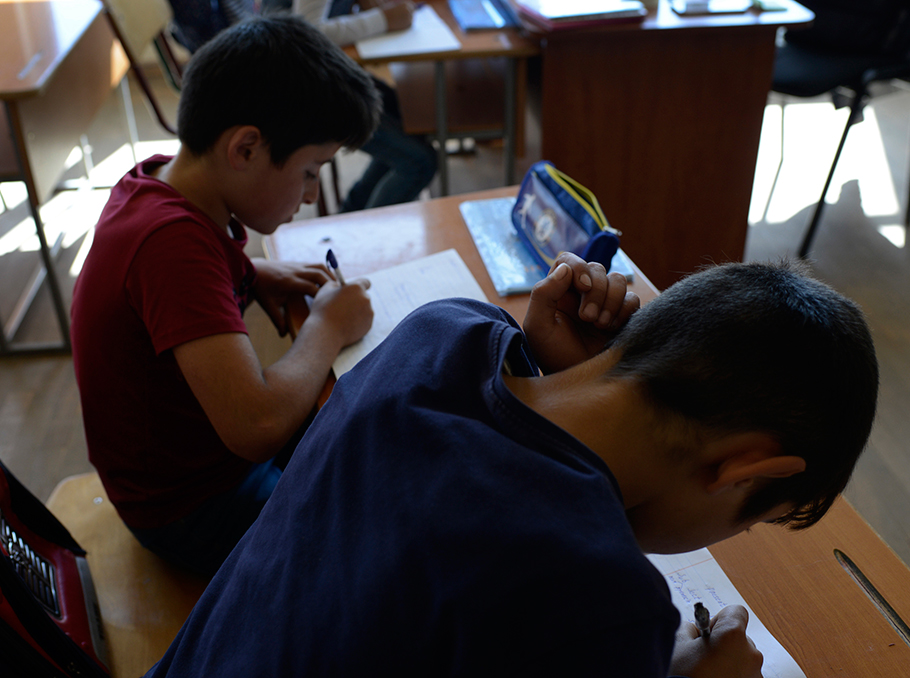
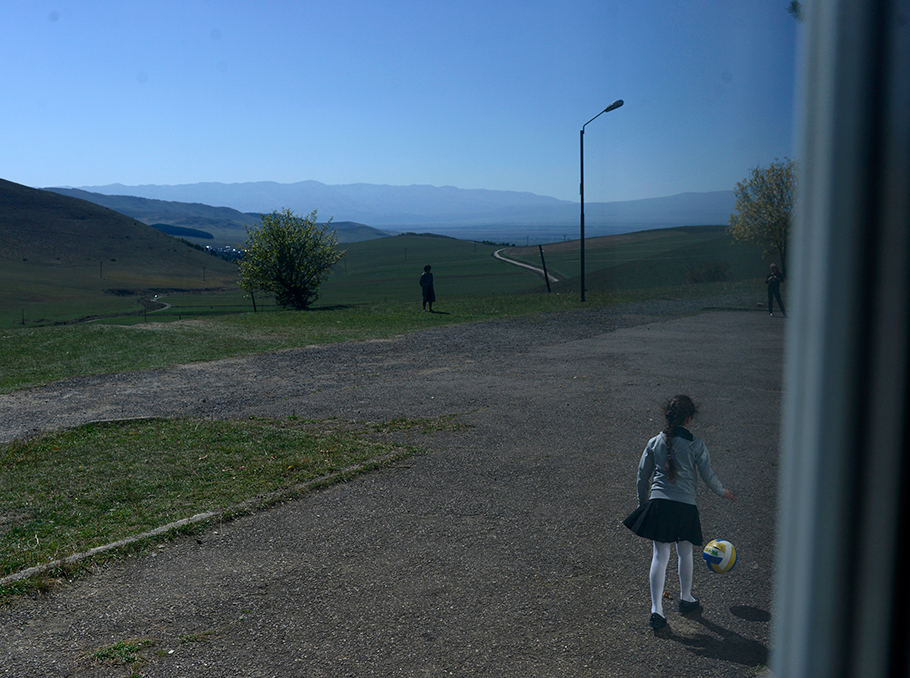
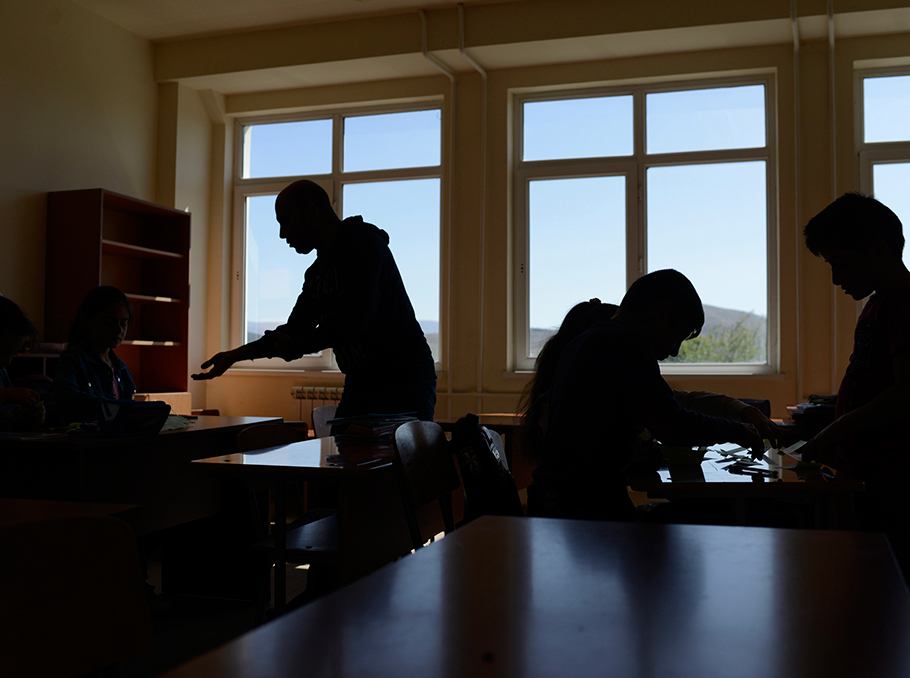
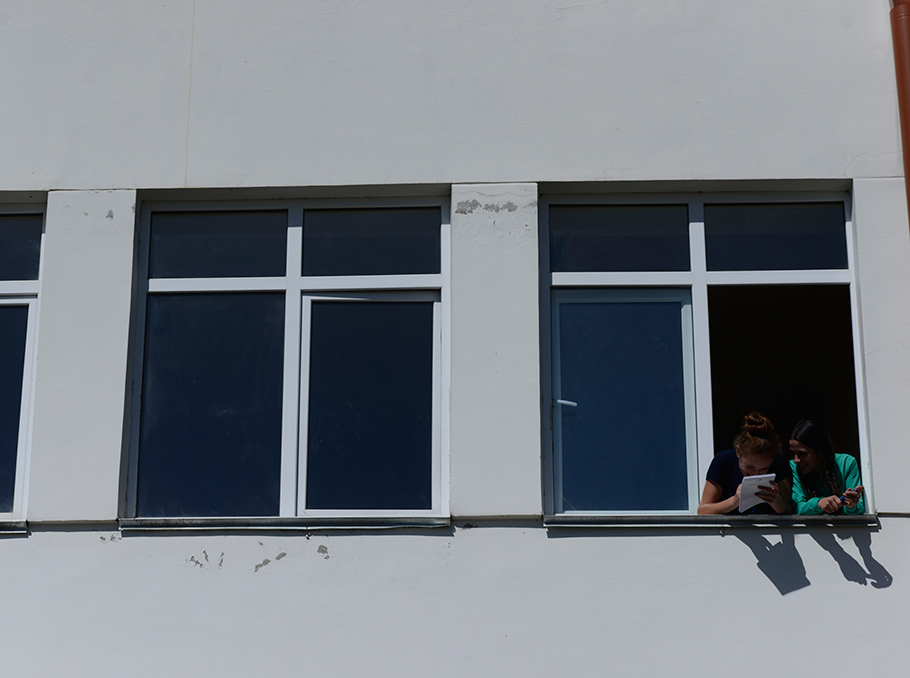
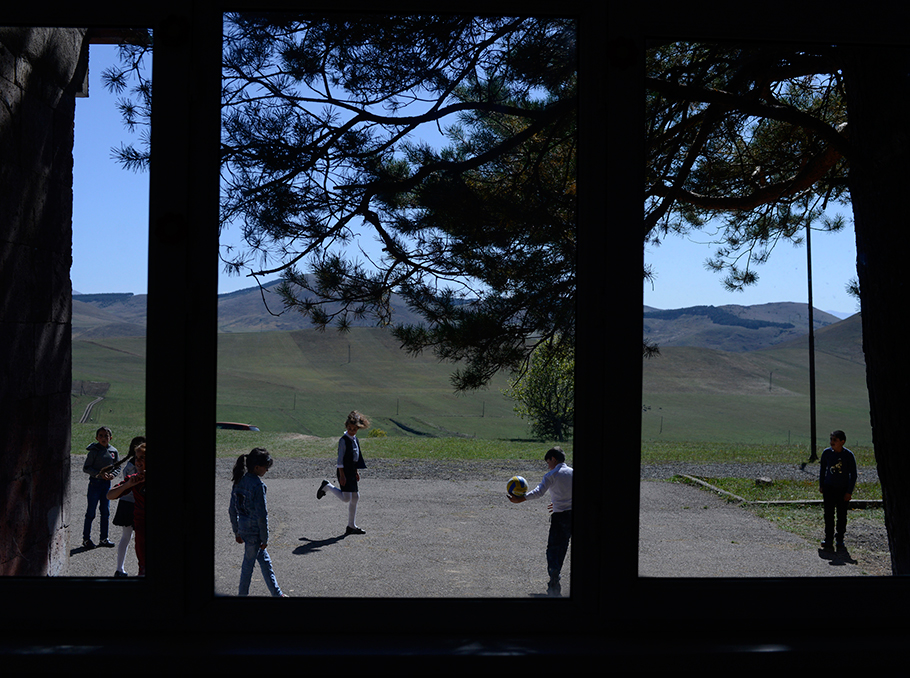
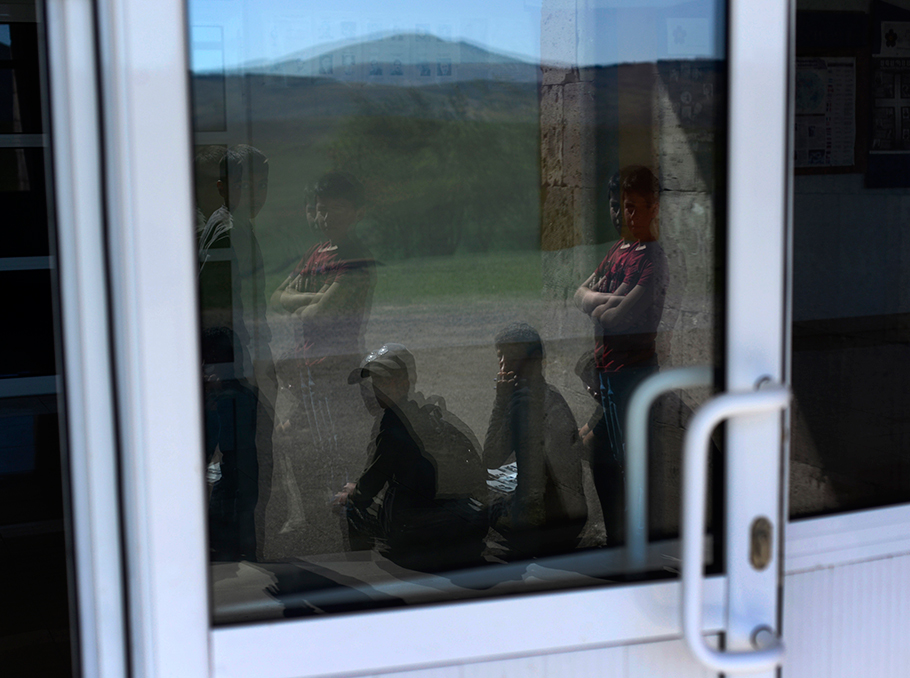
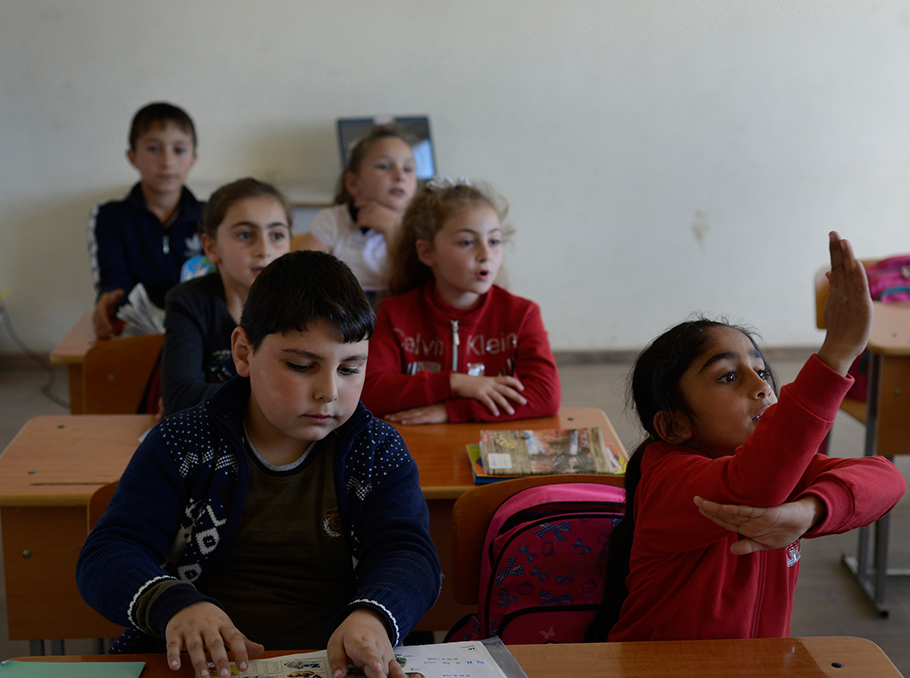
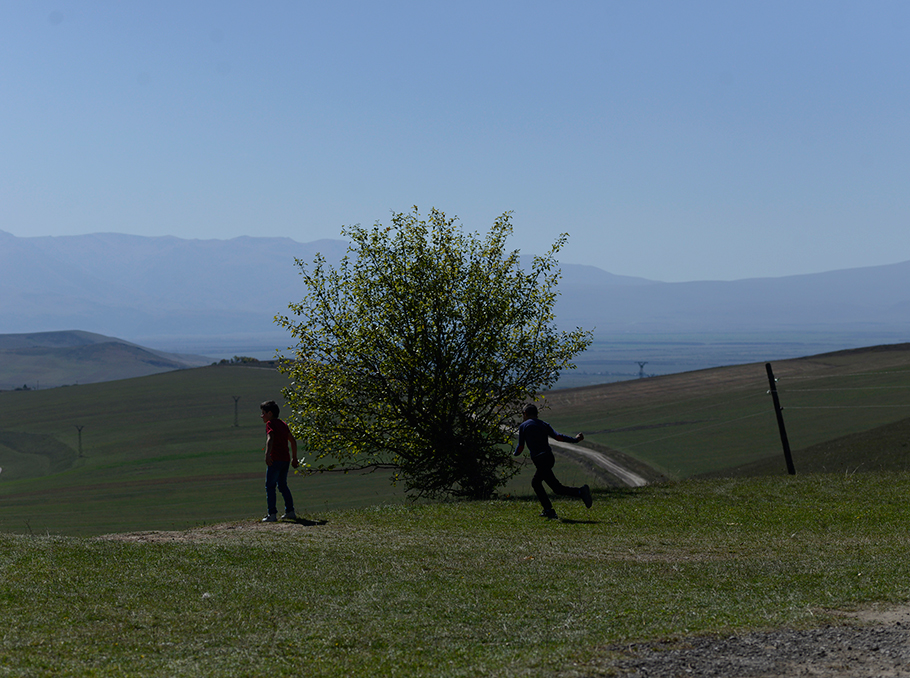
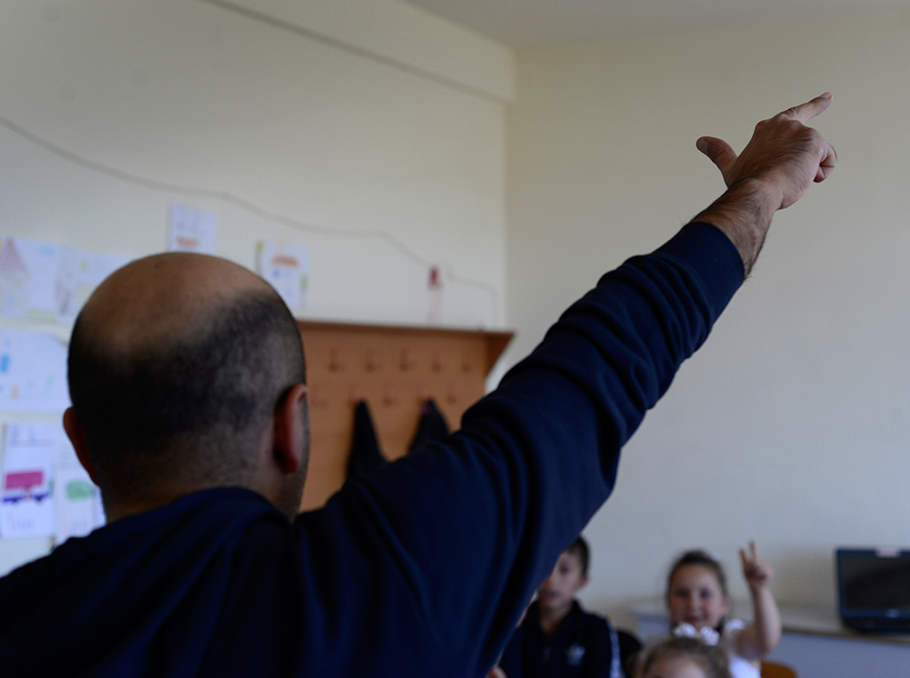
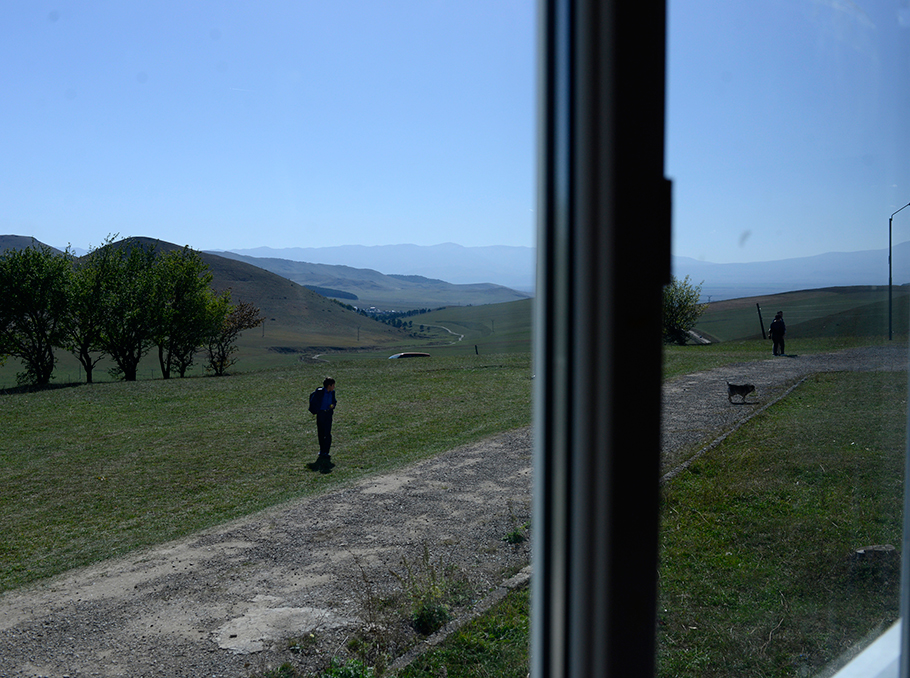

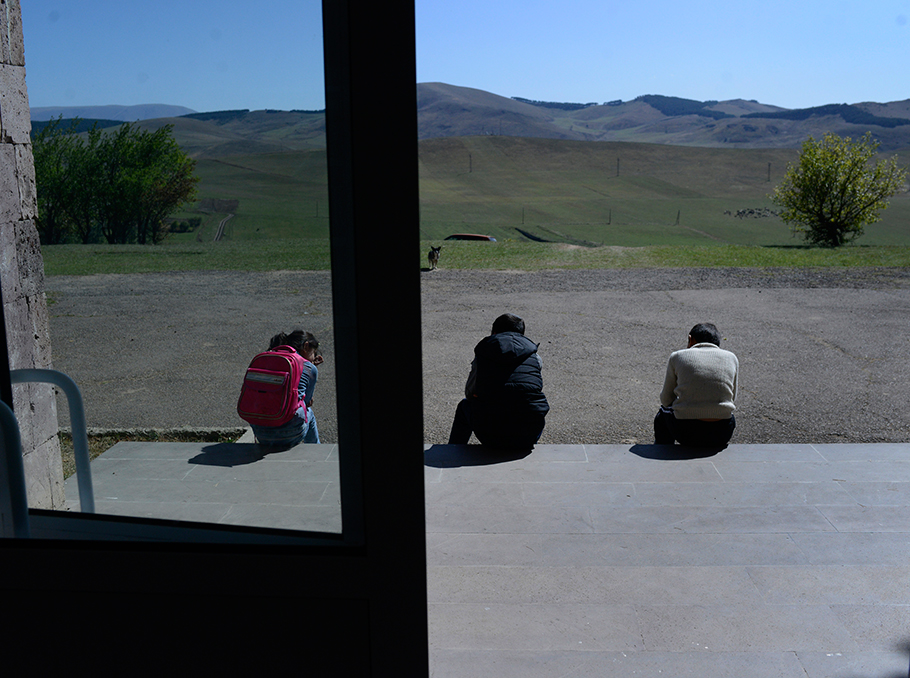
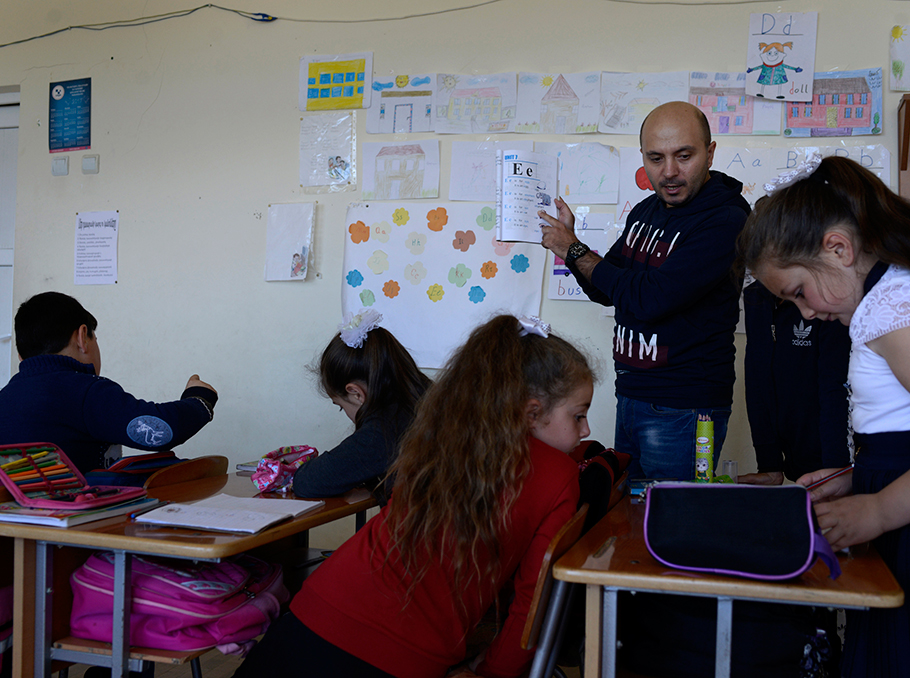
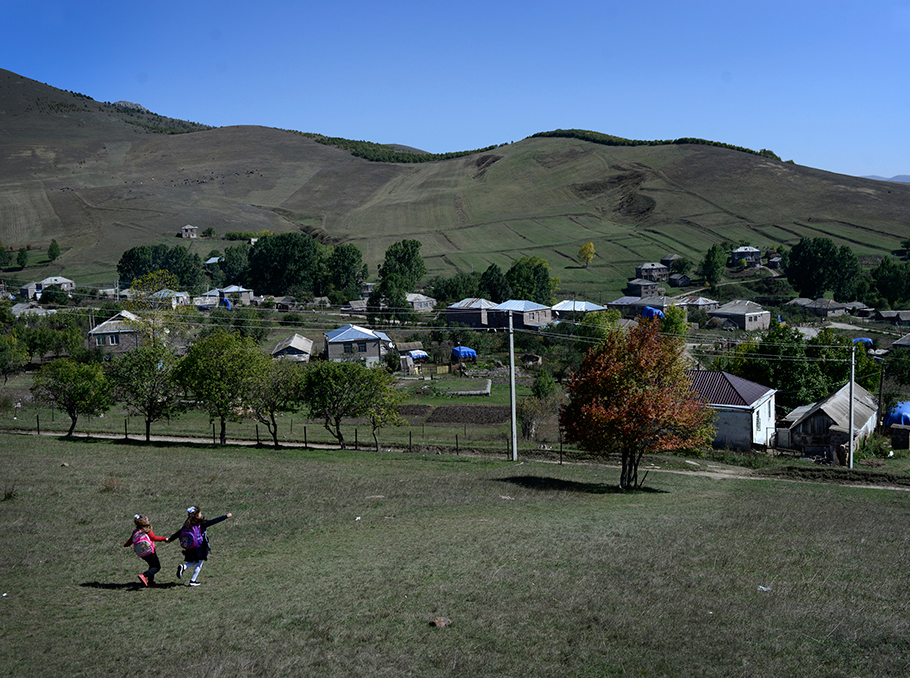
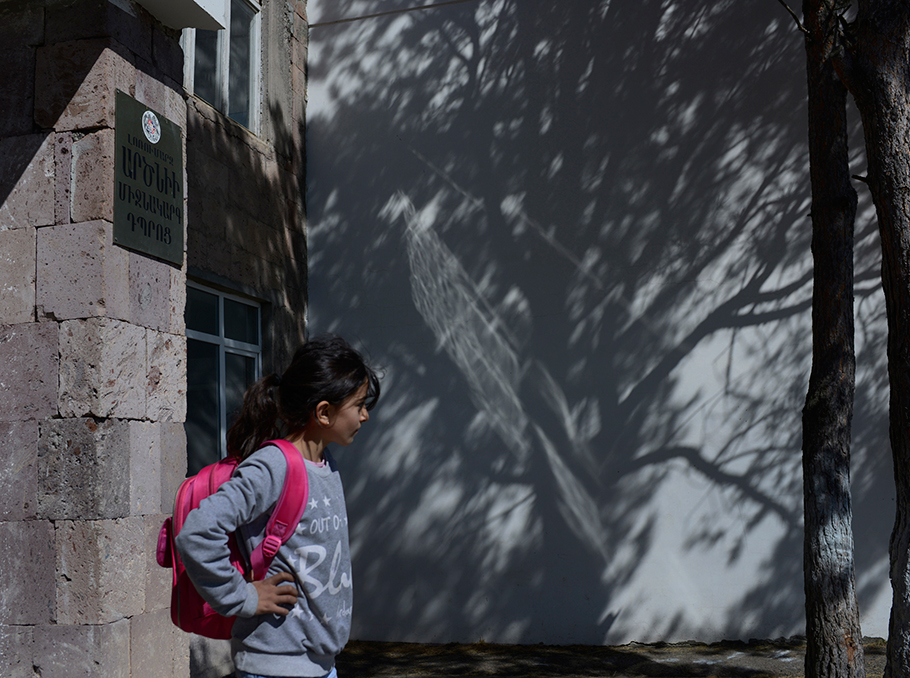
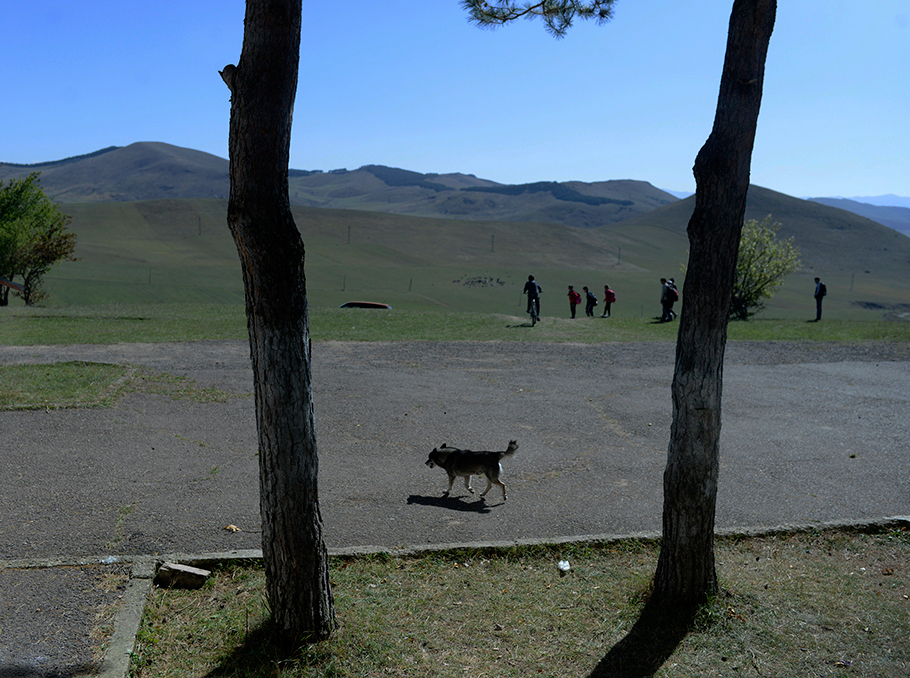
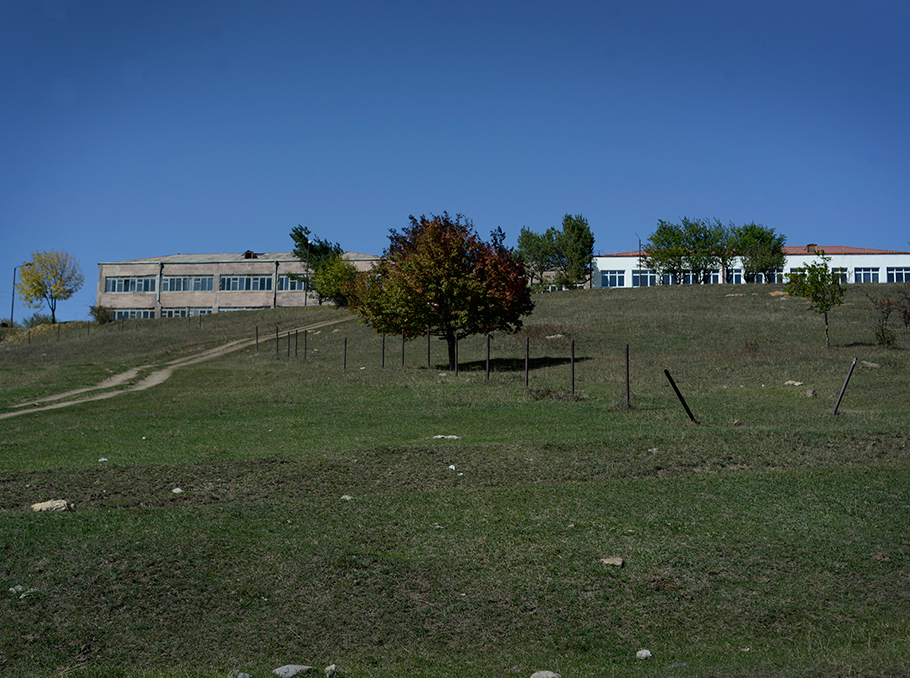
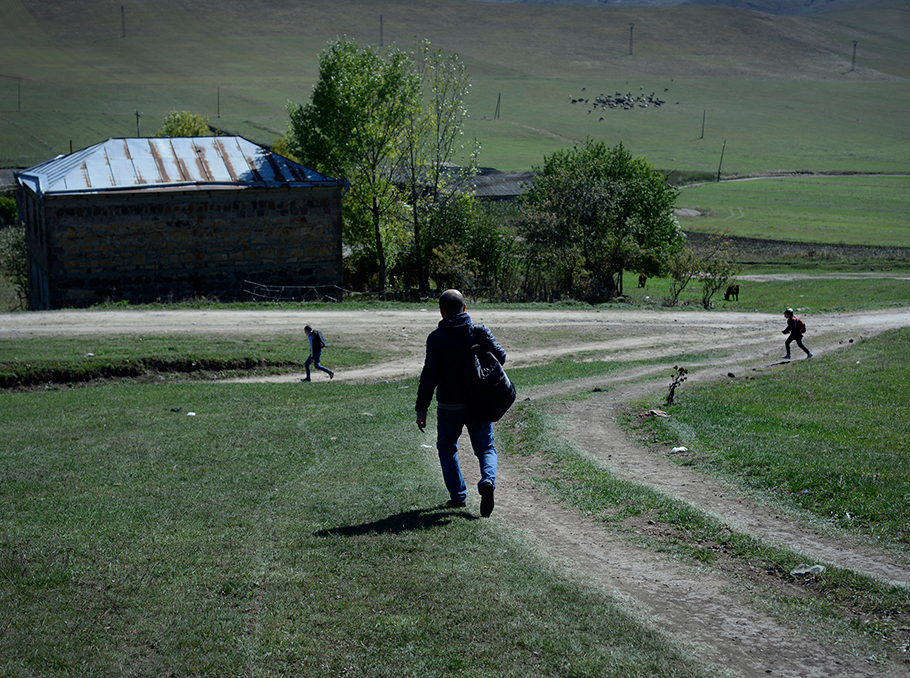
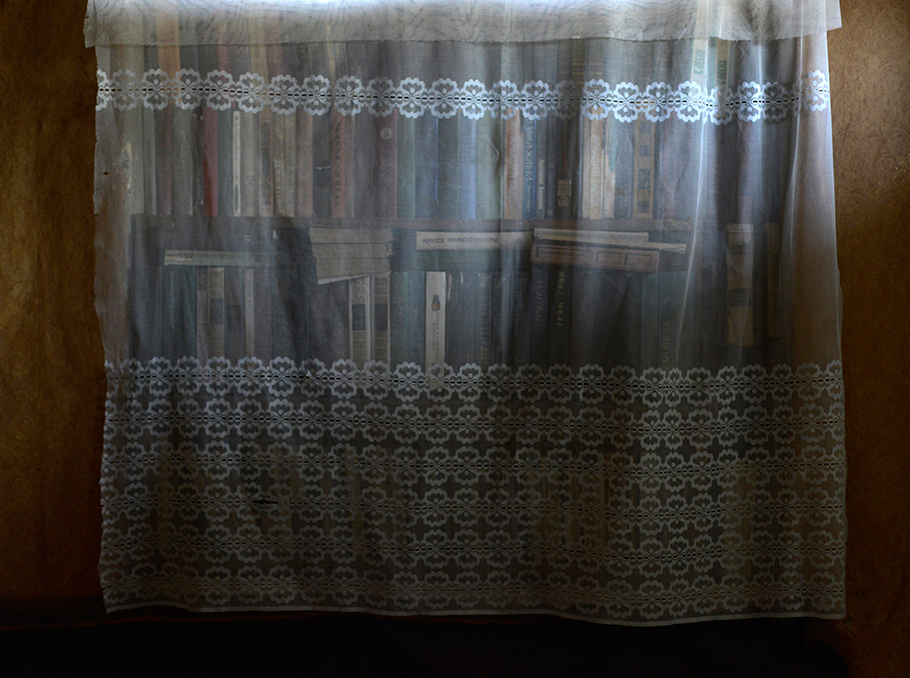
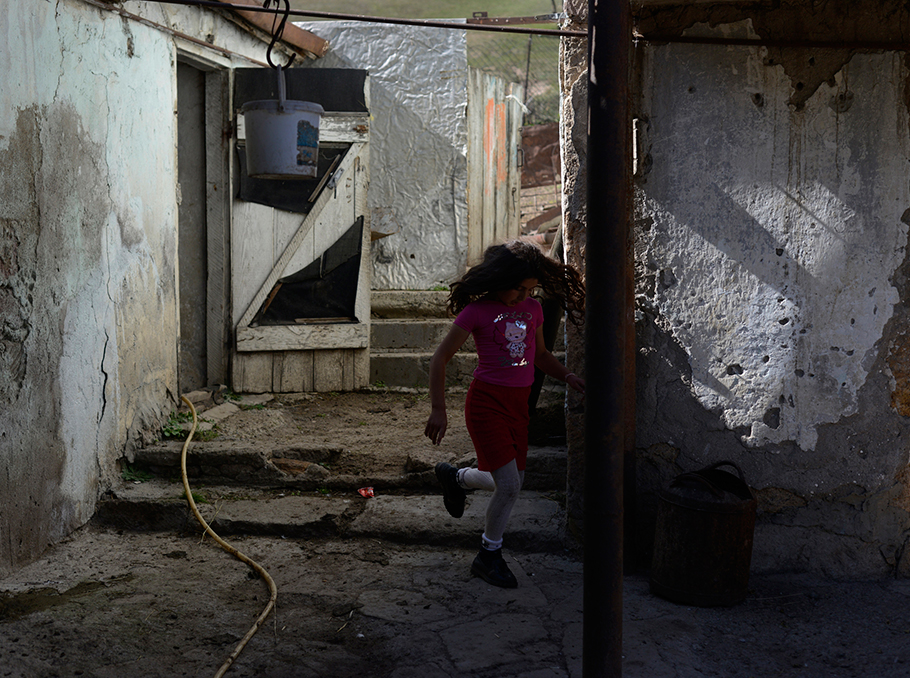
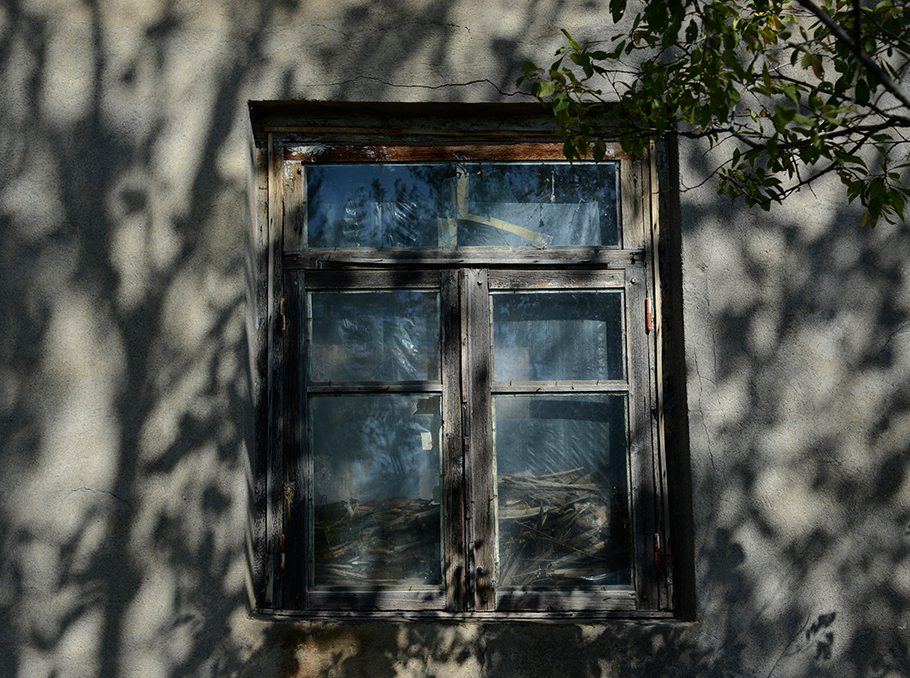
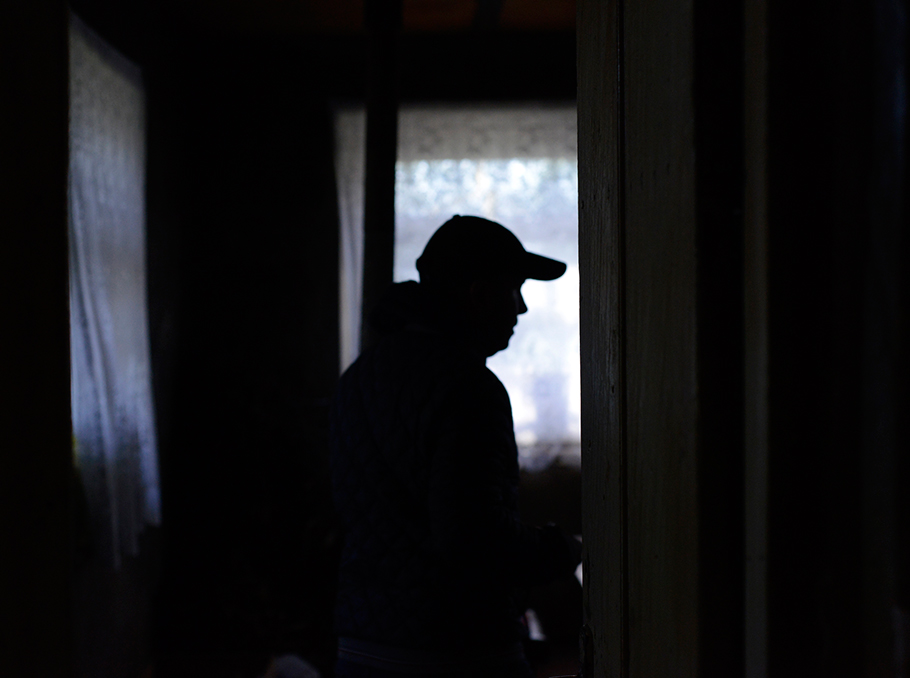
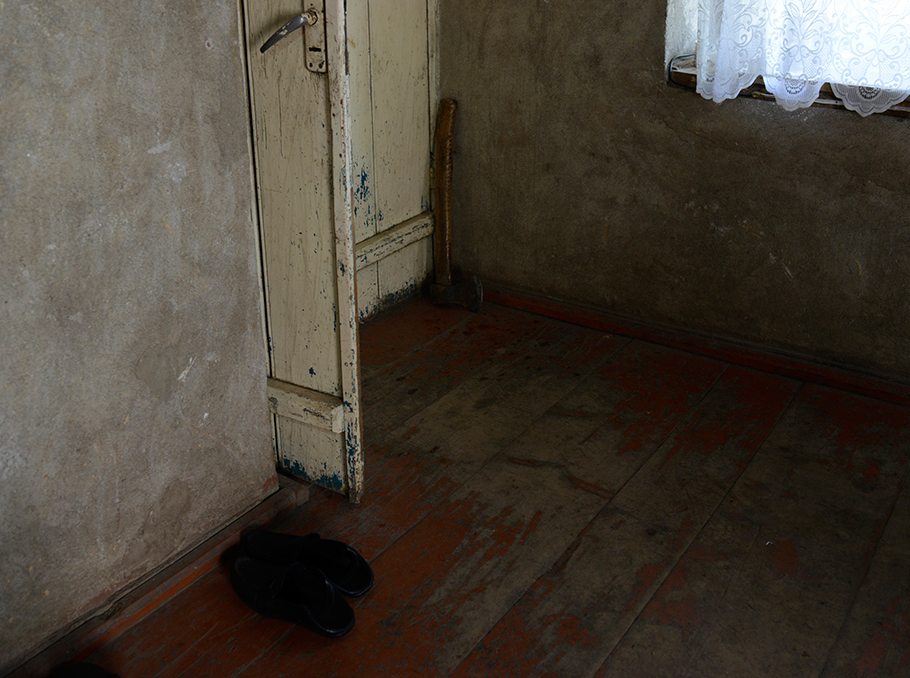
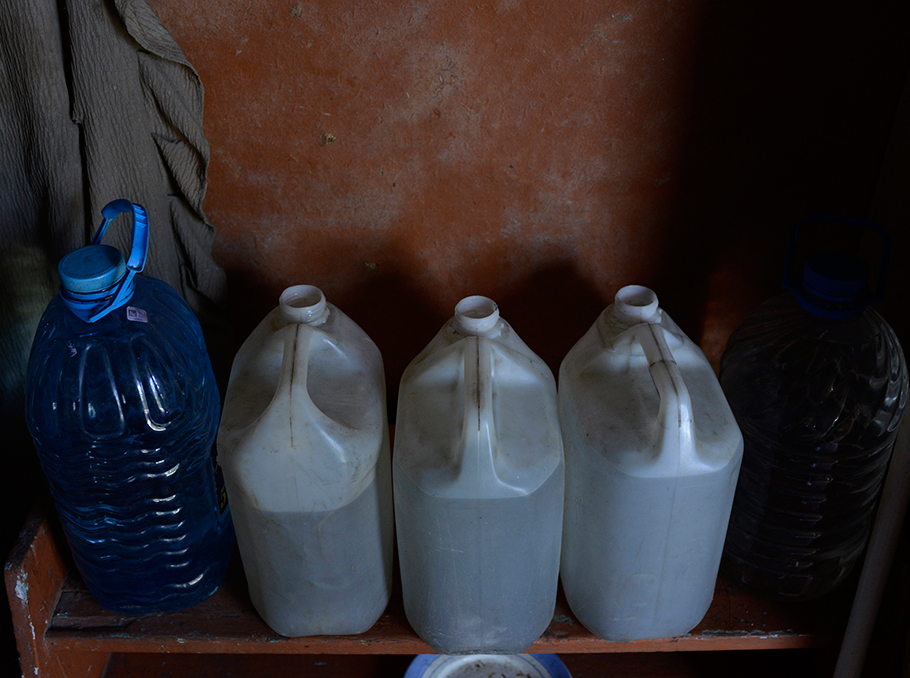
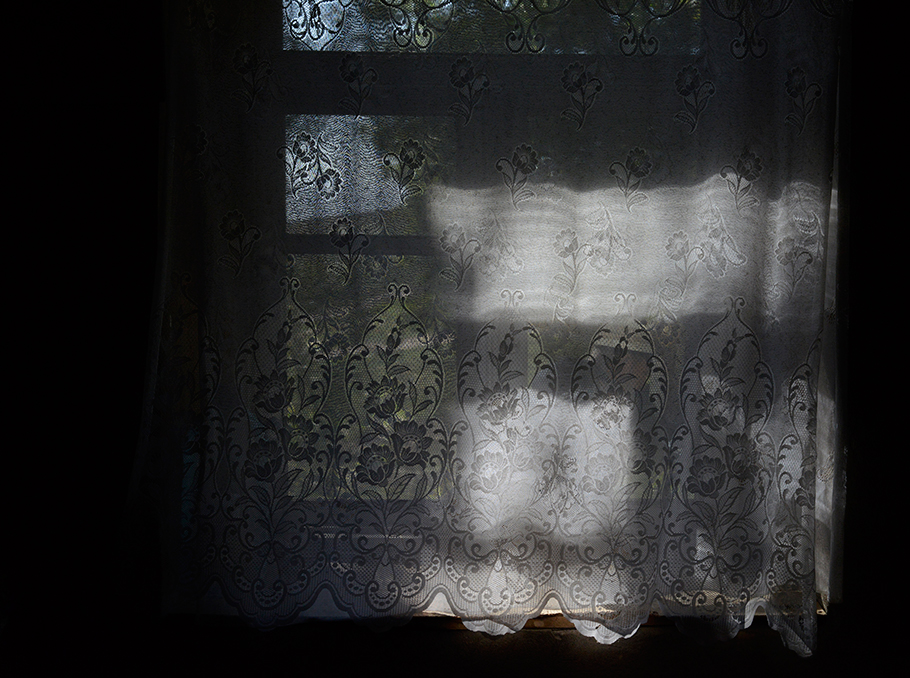
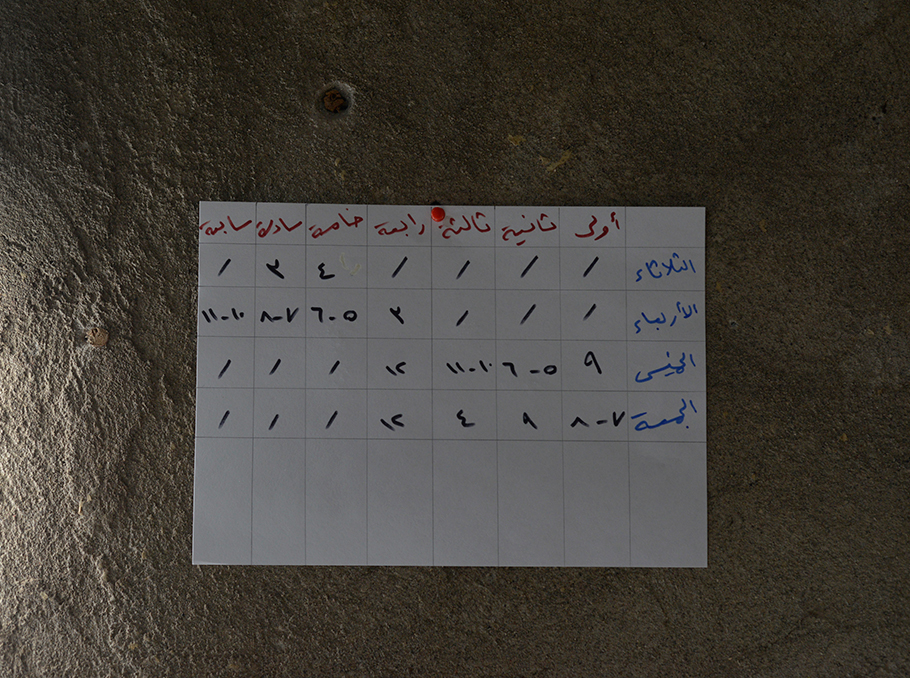
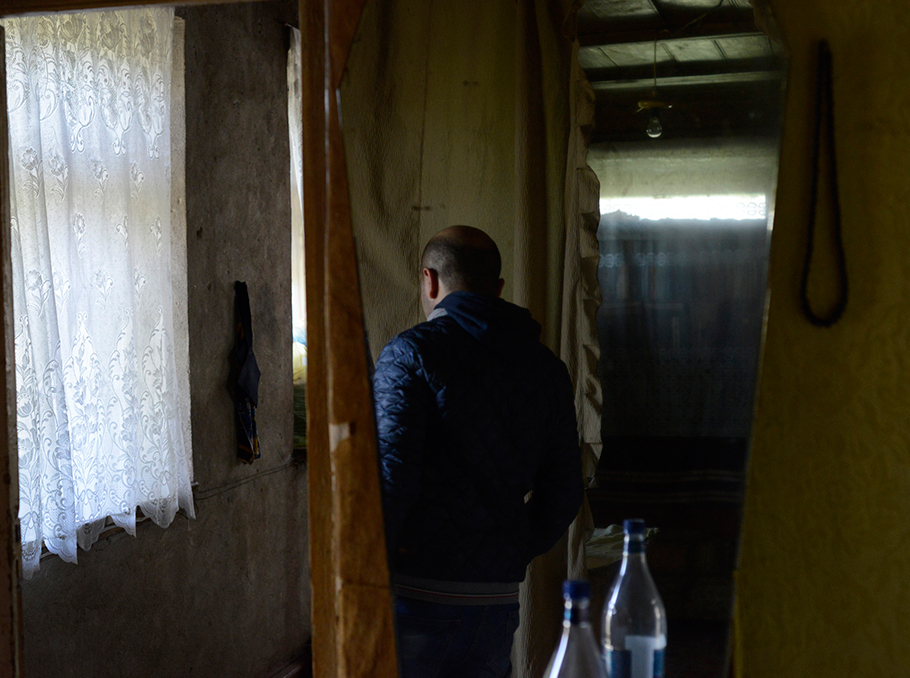
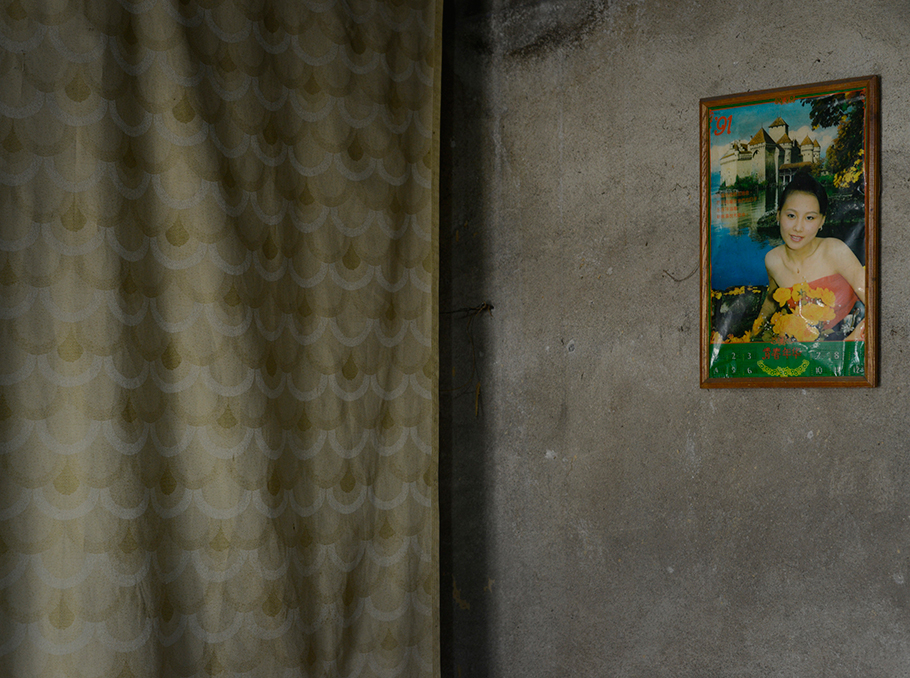
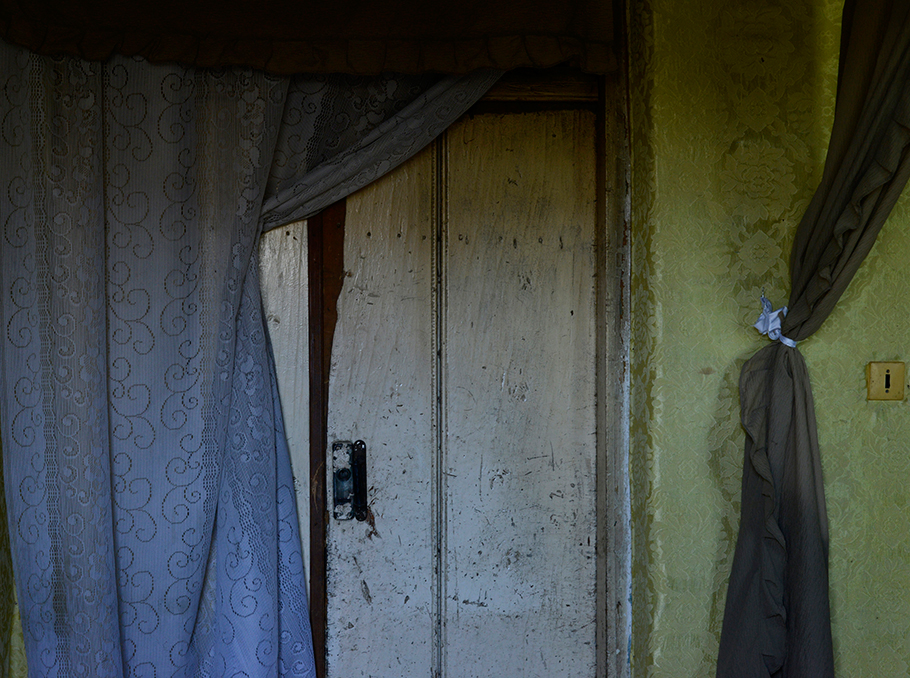
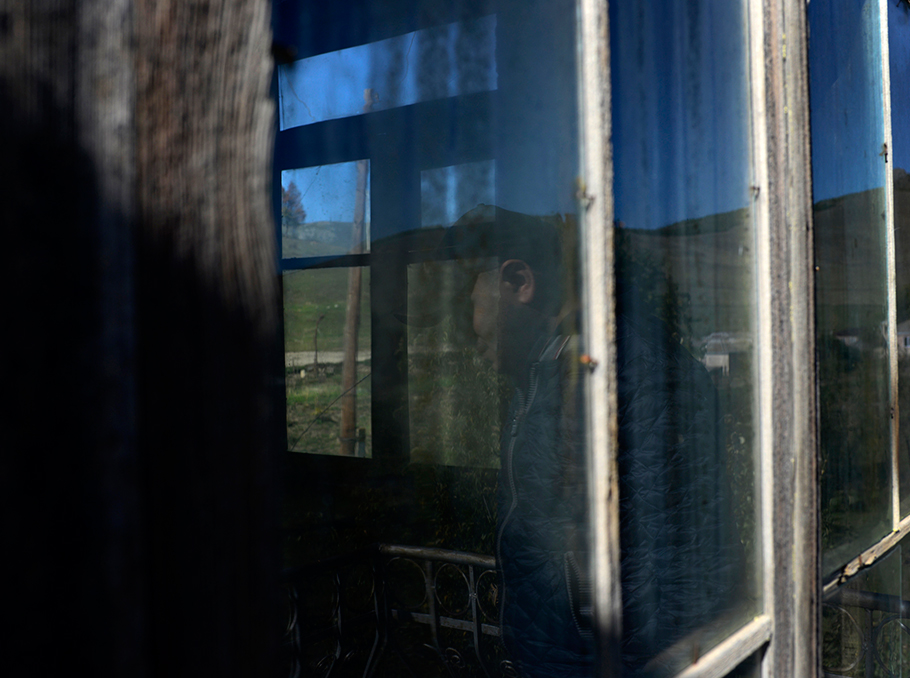

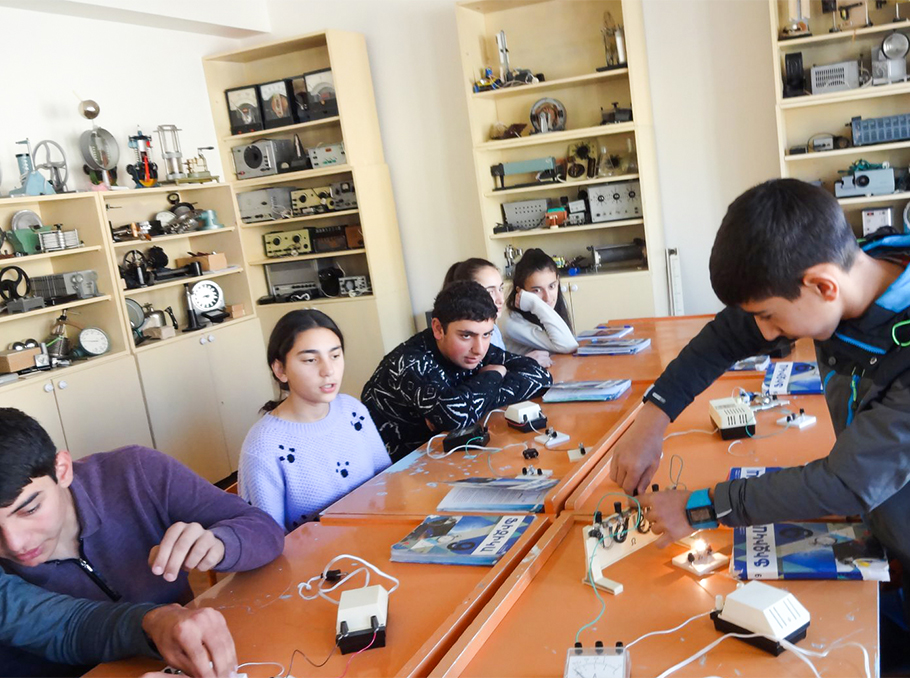
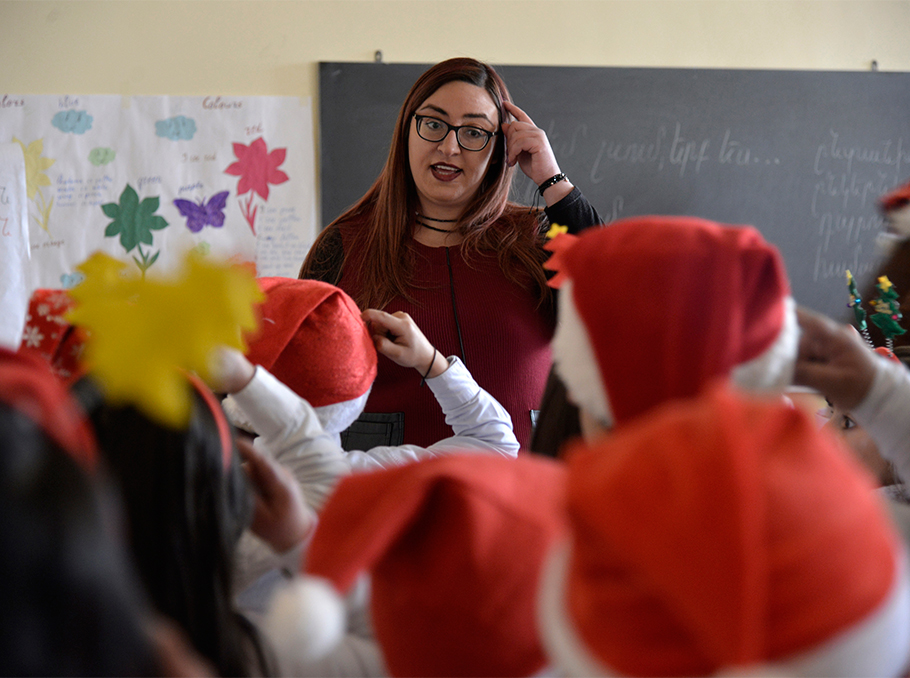
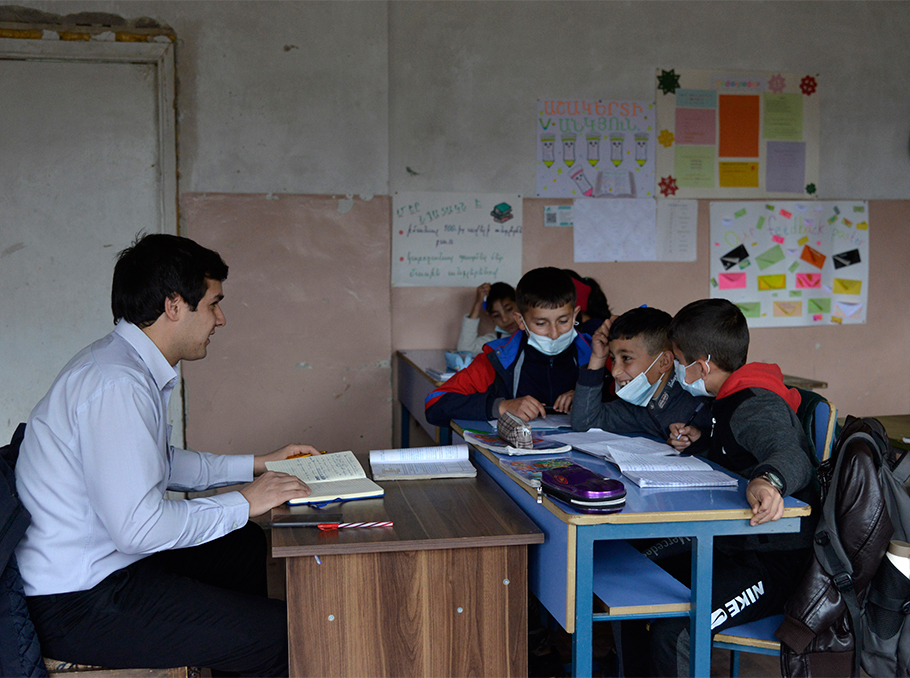
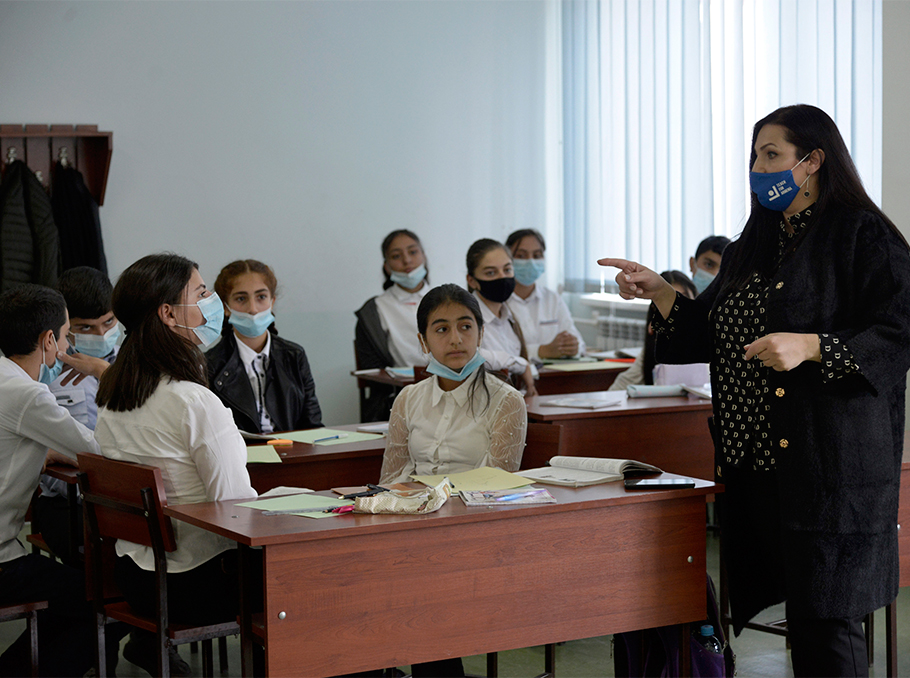
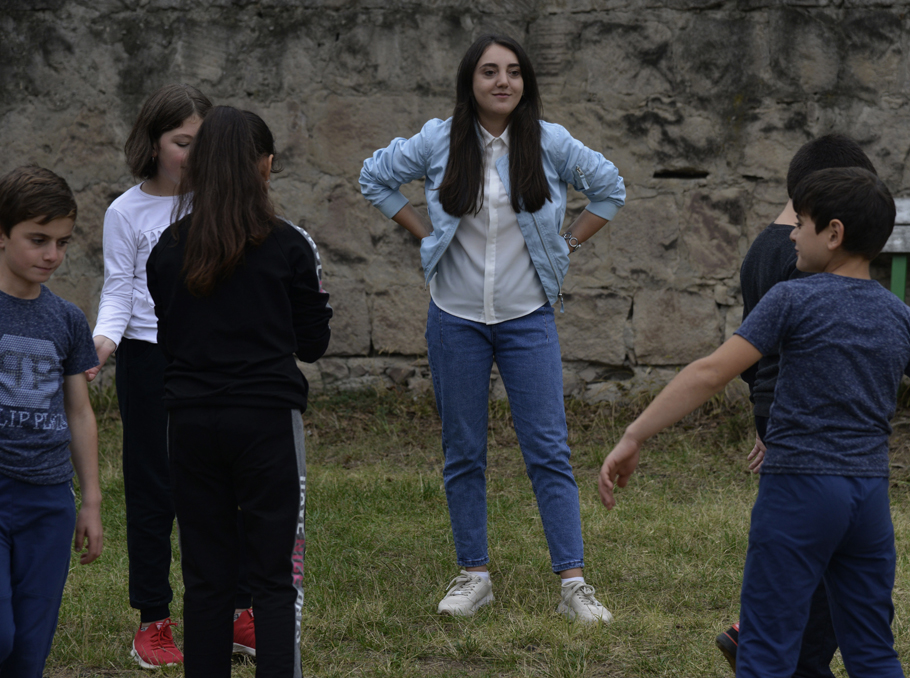







Comments
Dear visitors, You can place your opinion on the material using your Facebook account. Please, be polite and follow our simple rules: you are not allowed to make off - topic comments, place advertisements, use abusive and filthy language. The editorial staff reserves the right to moderate and delete comments in case of breach of the rules.